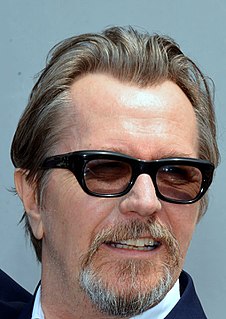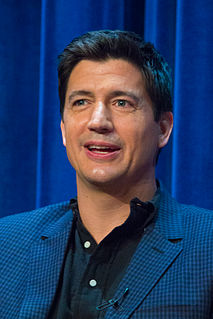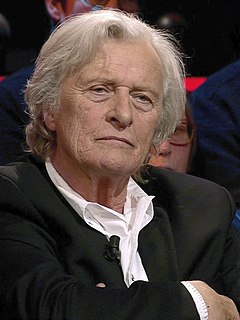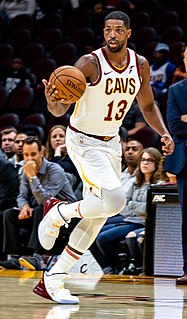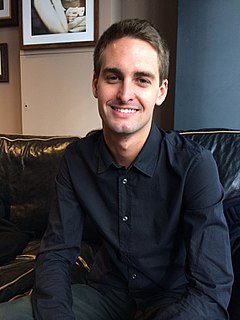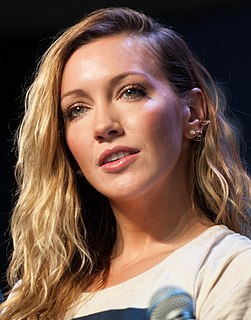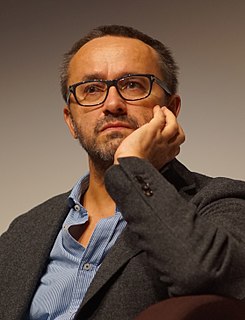A Quote by Rodrigo Cortes
And as a director, you constantly try to solve problems, so you have to focus on that. You take away all the other parts. Of course, when the shot finishes, you remember that you have Robert De Niro in front of you. But when you're shooting, you just see a character in front of you, and an actor, and you try to search for very truthful moments. That's what obsesses you.
Related Quotes
Impressionists have to paint with a very broad stroke because you've got to see it within a couple of seconds. You go, "That's a really funny Robert De Niro." As an actor, though, you look at different aspects of a character. I try to completely surround myself with the assignment. It's like being in a big cloud and then some of it rains through.
As a director, what matters is how you penetrate the soul of the person in front of the camera and let the actor blur the boundaries between the character and the person themselves. In order to achieve that, I try to make people feel at ease, to be mindless of problems and be skinless and give everything to the camera.
The beauty of shooting on something that's not in front of an audience is that you can just cut out the times you're laughing. You can cut to the other person and try to use that moment, right before you break. There's an energy to those performances. There's a reason people were laughing. There was something very special. That little extra something was in that line delivery or in that improv, so you try to use that stuff.
Teaching and writing, really, they support and nourish each other, and they foster good thinking. Because when you show up in the classroom, you may have on the mantle of authority, but in fact, you're just a writer helping other writers think through their problems. Your experience with the problems you've tried to solve comes into play in how you try to teach them to solve their problems.
It may be a mistake to say this, but I know my limitations as an actor and I know what I can and can not do. Robert De Niro can do everything. I can't. A 'Highlander' movie is basically my thing. What I'm attempting to do is develop my ability as an actor and try to be the best I can be in the fantasy/action genre.
When an actor comes to you and starts working with the script, the image of his character that you had in your mind gets substituted with an image of that particular actor. And this is the right way to go. An actor has to be absolutely truthful - this is the only thing required of him, apart from talent of course. It's very easy to understand: you need to absolutely believe in what you see.

